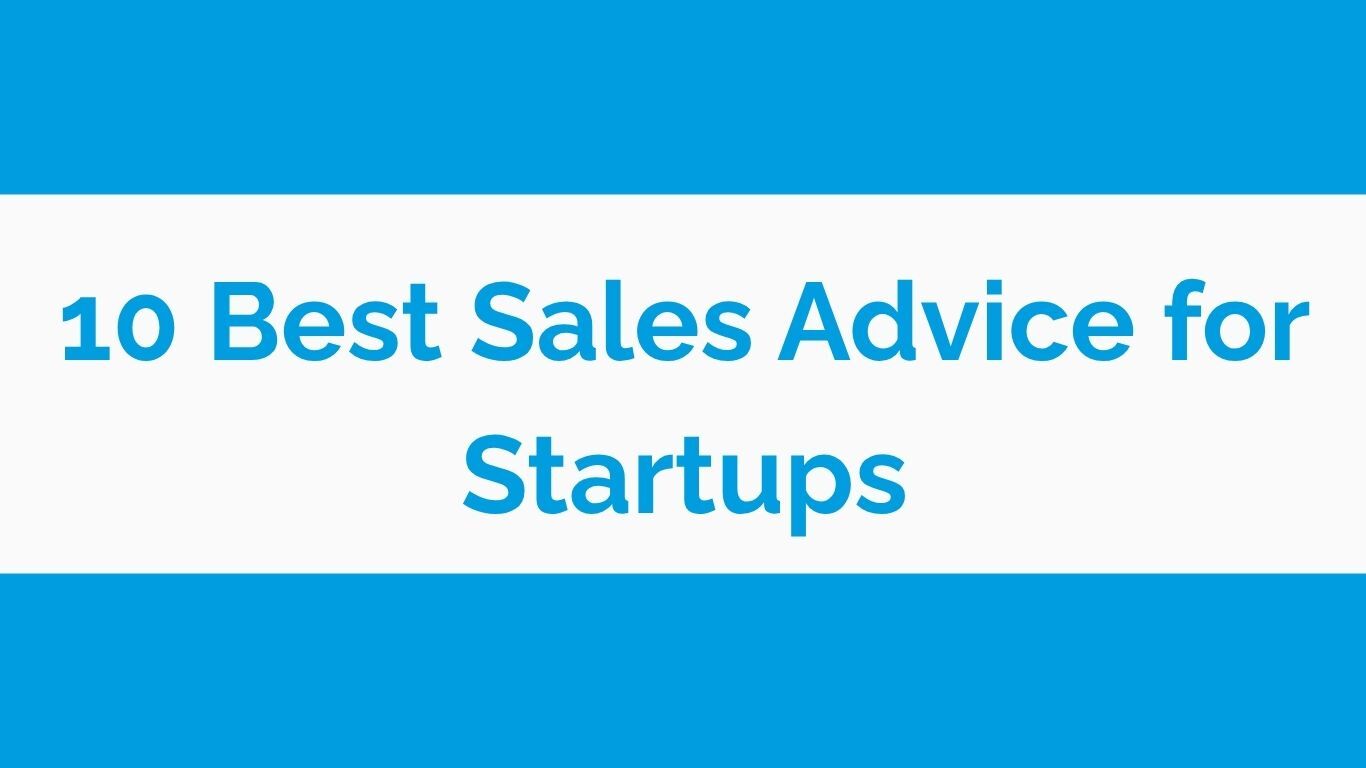New tips alert from our startup insider podcast ,,The Naked Truth of Startups,, - this time we share all the naked truths about recruiting, leadership and HR.
Hosted by Alexander Türpe, TNTOS is a must-listen for startup enthusiasts. As the Managing Director of ExciteLab. As Chief People & Culture Officer at Powercloud, he worked closely with the founders and grew the team from 12 to 500 employees. The startup expanded to Paris, Milan, Madrid and Atlanta. During this time, he learnt a number of lessons. In the 25th episode, Alex shares all the necessary information for founders to develop a recruitment strategy, as well as providing insights into HR and leadership.
As a founder, you should definitely keep an eye on these topics:
Difference: Corporation vs. Startup
In corporations, different rules apply: processes are established, and decisions are often backed by multiple committees. There's a tendency to over-optimize rather than under-optimize: more KPIs, more meetings, more security.
In the startup world everything is different. Here, courage, speed, and pragmatic decisions matter. Founders can (and must) try things out without sending them through ten approval loops. Especially because you often don’t have large financial resources, it's better to focus on your own network: LinkedIn posts, talking to friends, use every opportunity. You never know, you might meet a potential hire at a party.
Important: Speed matters, because good candidates won’t be available forever.
"Hire for attitude, train for skills"?
That can work depending on the position. For some positions, it's hard to teach all the necessary skills later on, especially since startups need to move fast. Still, mindset is extremely important. In interviews, you can learn a lot about a person’s attitude through targeted questions.
For example: If someone says they're flexible - what does that actually mean? Can the person operate in solution mode, or do they get stuck in problem thinking and only discuss what doesn’t work? A good mindset is crucial and it’s something you should pay special attention to. Attitude is key, but the basic skills still need to be there.
A CV is often enough, if you read it properly
A well-crafted CV is usually sufficient - a motivation letter isn’t always necessary. Often, the CV alone provides enough insight to draw initial conclusions: How clear is the career path? What projects have been implemented? Is there a consistent thread?
However, be cautious when hiring career changers - here, it’s especially important to have a sharp eye for skills and potential. The CV sets the direction. Combined with targeted interview questions (e.g., about mindset or practical experience), you can get a solid overall impression.
Writing Job Ads - Be Specific, Not Striking
Before writing a job ad, ask yourself: What does our day-to-day really look like? Many ads use phrases like “hands-on mentality” or “we are innovative”. But what do those actually mean?
Example: Instead of saying “hands-on,” you could say, “You’ll be calling customers yourself.” Or instead of “we’re innovative,” be specific about the new methods or products you’re developing. The general rule: fewer buzzwords, more real insights. Be honest and direct..
Also, it doesn’t matter whether you’re hiring career changers or experienced professionals- openness is key! Startups typically don’t have the same financial resources as large corporations. Someone used to staying in fancy downtown hotels during business trips might find startup accommodations a big change. But in general, people are open to anything as long as you set the right expectations early on!
Onboarding
A strong start often determines long-term collaboration. Especially in startups, where structures are still developing, well-prepared onboarding is a must. Onboarding starts with organization: Who is responsible? Which tools are used? What processes need to be understood? None of this should be explained spontaneously, it needs to be prepared in advance. Not as an overcomplicated plan, but as clear guidance. Sounds basic? It is. But that’s exactly why it’s often forgotten - leading to wasted energy, frustration, or even the loss of qualified employees. Structured onboarding is a sign of respect and a real time-saver.
Would you like to know the rest of HR and recruitment tips and tricks?
For the rest of the insights make sure to tune into our podcast 25th episode of ,,The Naked Truth of Startups”, Alexander shares the real lessons no one talks about - practical, honest, and straight from the field. Tune in on Spotify or Podcast.de.






/RootCamp_Logo-Ecosystem.png?width=200&name=RootCamp_Logo-Ecosystem.png)
/Bitroad_Logo-Ecosystem.png?width=200&name=Bitroad_Logo-Ecosystem.png)



/White%20Versions/stadt_leipzig_white.png?width=130&name=stadt_leipzig_white.png)
/lfca_white.png?width=119&name=lfca_white.png)

/White%20Versions/sachsen_signet_white.png?width=65&height=79&name=sachsen_signet_white.png)